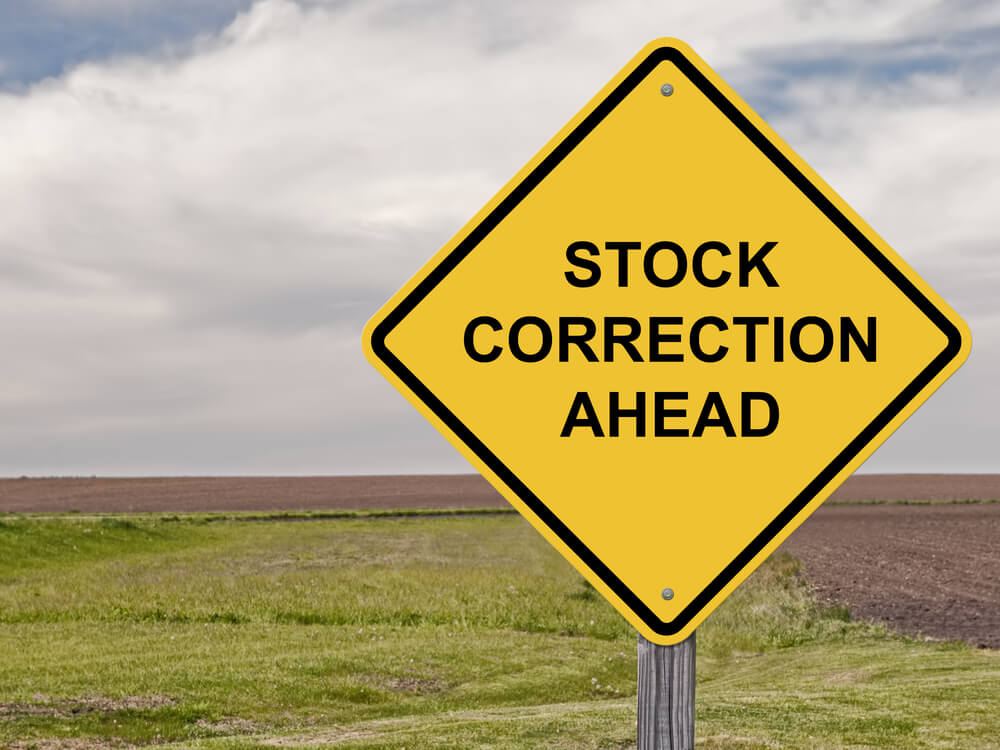Inquiring minds are dying to know: Are we entering a bear market cycle or is Wall Street’s October stock market horror show just a correction like we had back in February?
While no one actually knows the answer to that quite yet, what we can look at is how bad corrections have gotten in the past and how long they’ve lasted for.
First, a correction is when a major stock index such as the S&P 500, Dow Jones Industrial Average or Nasdaq suffer a 10 percent drop after closing at a recent high. Wall Street’s slump has pushed the large-company index down more than 10 percent a few times over the past few weeks, but not yet on a closing basis.
The Dow has dipped below 10 percent before rallying on Tuesday to finish 1.6 percent higher, but it is down 8.5 percent since its record high on Sept. 20.
Per USA Today:
What’s the Average Correction Drop?
In the 22 corrections since World War II the average price drop for the S&P 500 has been 13.8 percent, according to data from CFRA, a Wall Street research firm. They normally last around five months.
The takeaway: The recent slide could cause more pain.
“More downside would not be surprising,” says Joe Quinlan, chief market strategist at U.S. Trust, noting that a steeper decline would still be within the “historic norm.”
How Bad Were the Biggest Corrections?
Since a correction is a drop between 10 and 19.99 percent, there’s always a chance we’re only about halfway through this recent scare. The market fell more than 19 percent in 2011, 1998 and the 1976-78 period, CFRA data show.
But even “garden variety” corrections such as the 10.2 percent drop in February can cause fear levels to spike. The good news? Not every correction morphs into a more feared bear market, or 20 percent-plus drop. The average bear since 1929 has sliced nearly 40 percent off the S&P 500.
Most bear markets coincide with a recession. But Chris Konstantinos of RiverFront Investment Group thinks it’s “highly unlikely that a recession is coming.” As a result, he believes most of the price declines have already occurred and expects the current correction to end over the next month.
